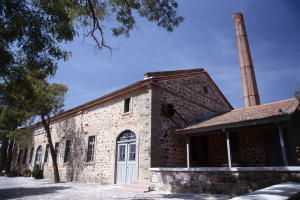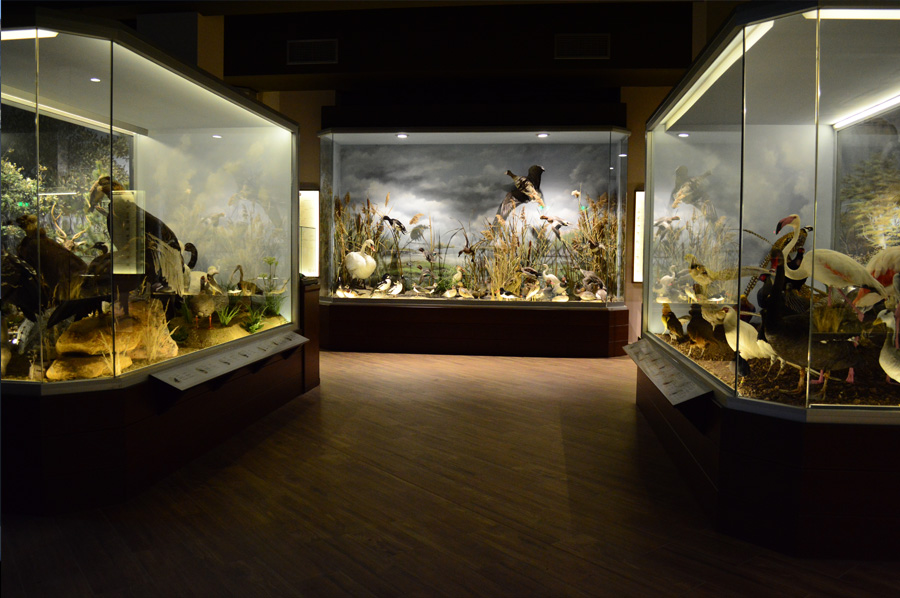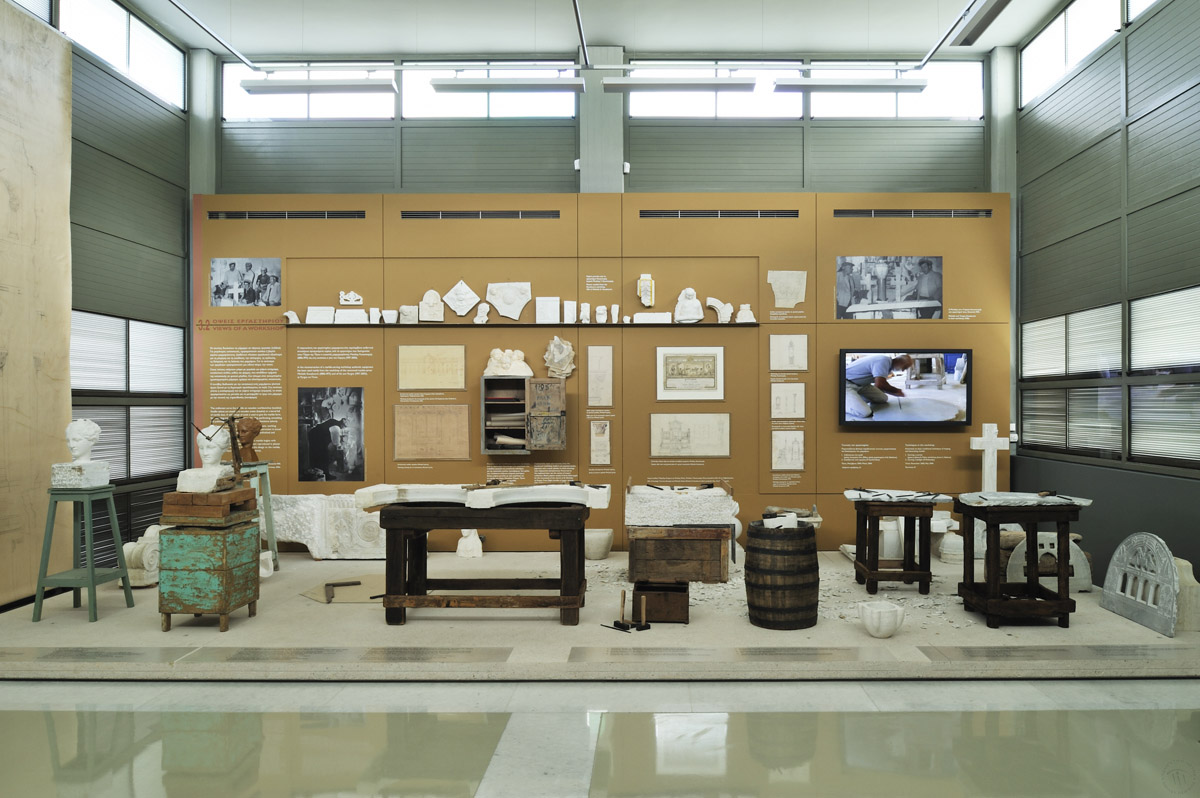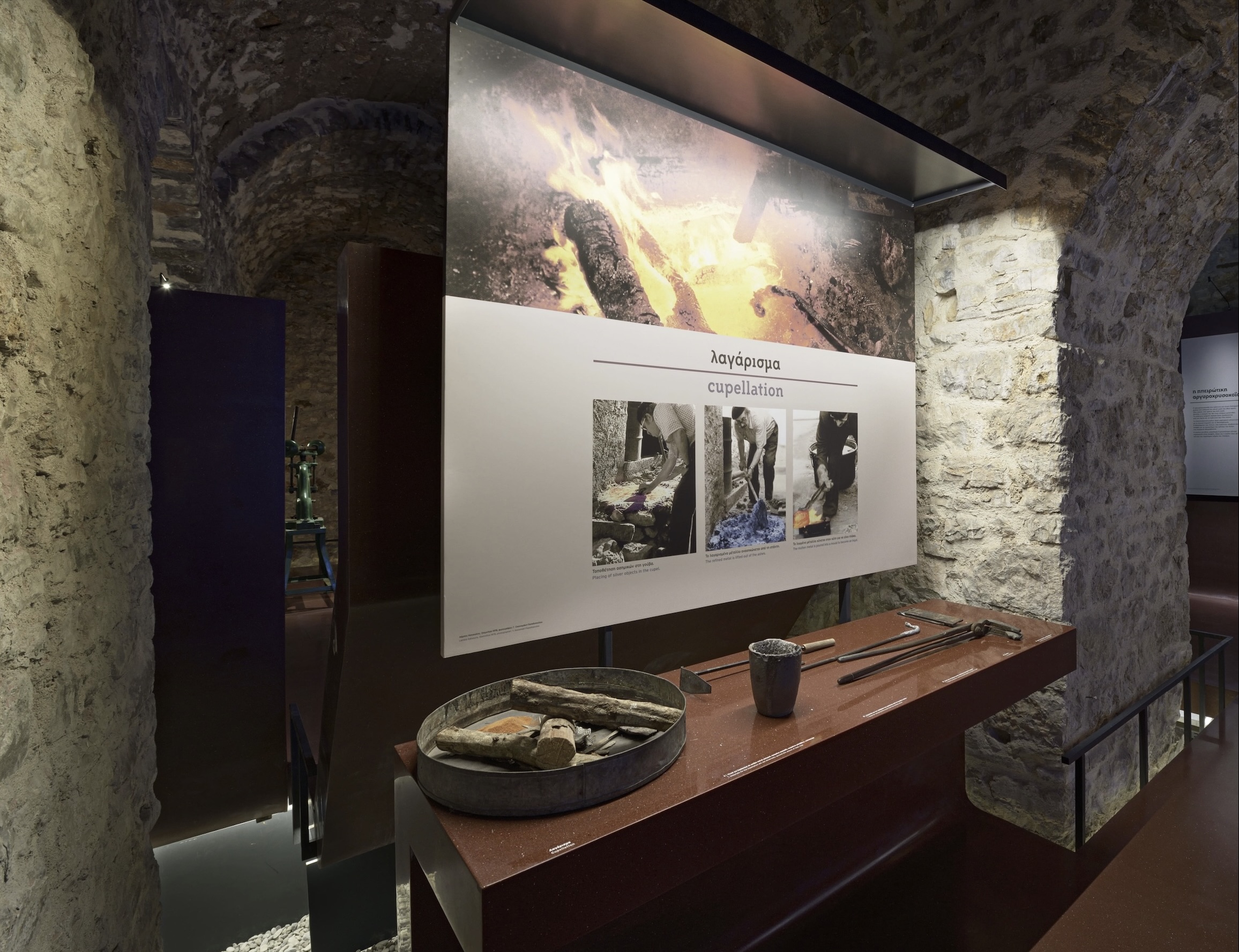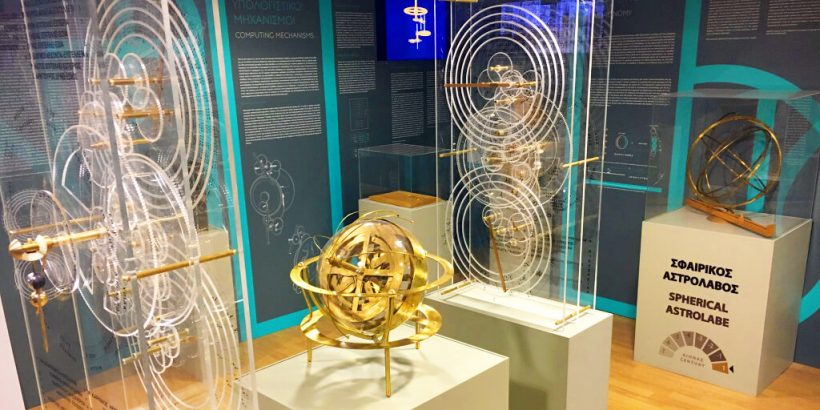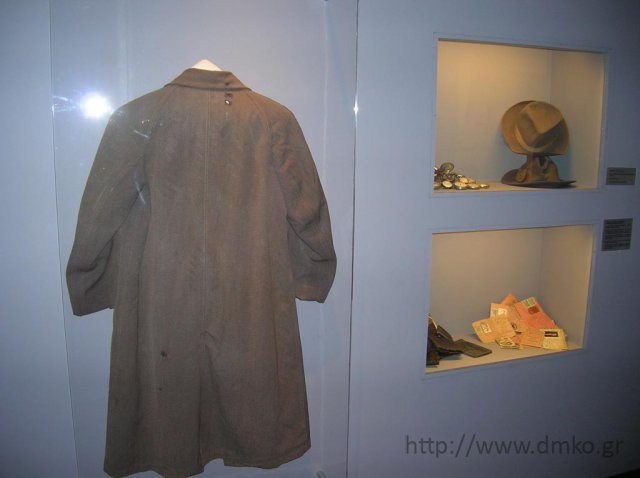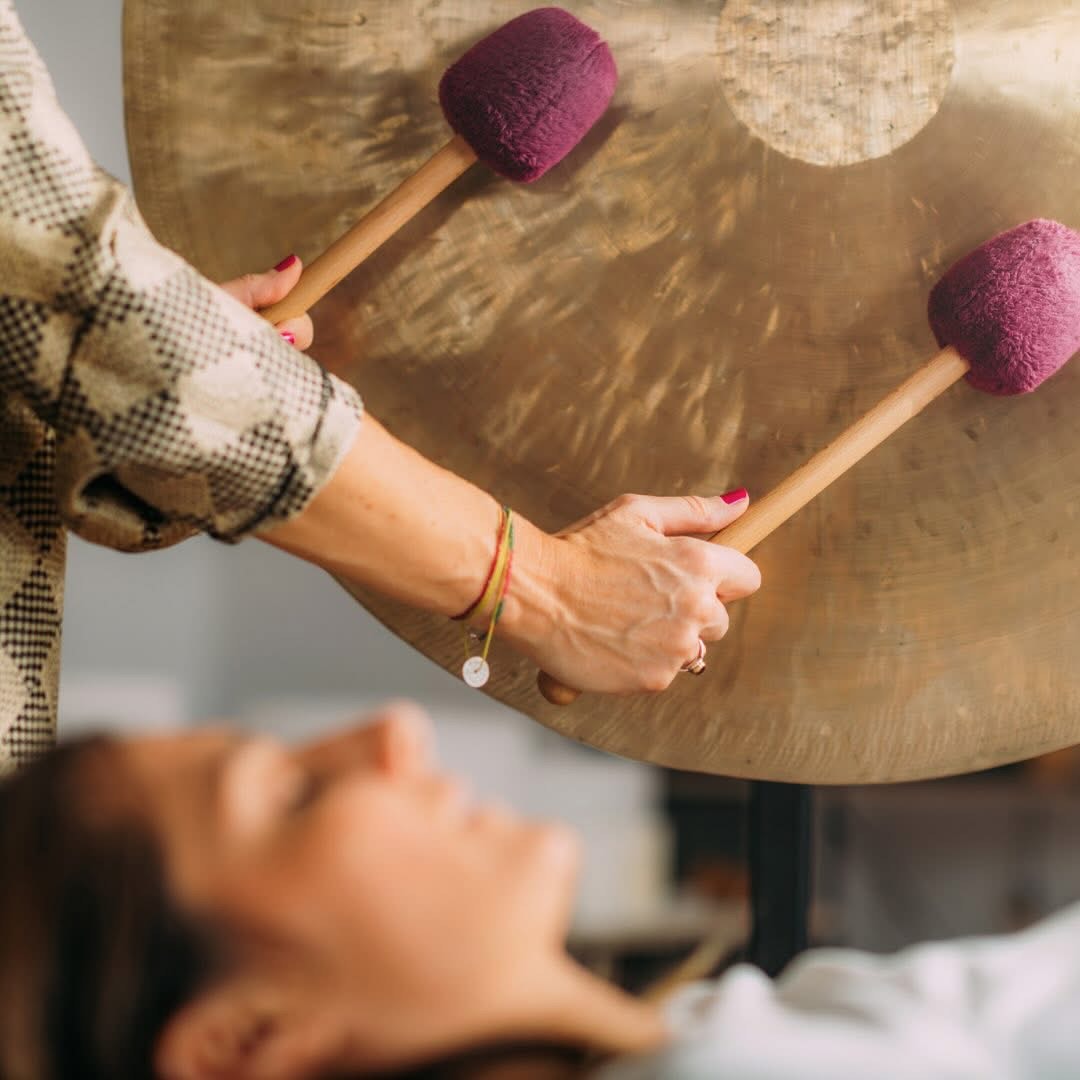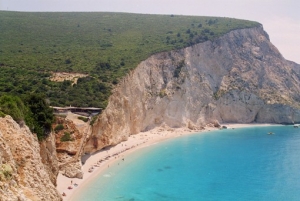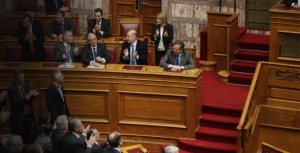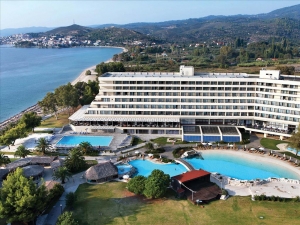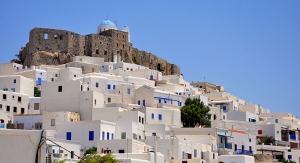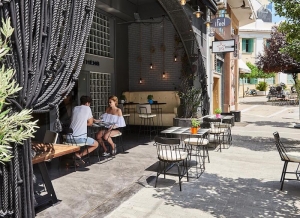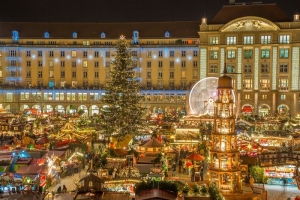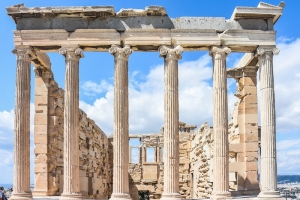For many of us, it’s back to the city after some time in the sun. Back to ‘normal’, whatever that is for each of us. Back to our old routines – and hopefully a few new ones. And certainly back to our favourite Athens haunts…
Out with some friends the other night, we were wandering through Psirri, a favourite hangout for a lot of Athenians. Maybe it’s the time of year, maybe it was the weekend, but I’ve never seen Psirri so alive – apart from the usual spots, every square meter of the neighbourhood was full of people.
Something is bubbling in Psirri… There is a sense of renewal, of creativity, of buzzy energy. Of course, Psirri has always been full of creativity and buzzy energy, of that there’s no doubt. But in the past few months I’ve noticed more – more activity, more buzz, and some cool new spaces.
Psirri has lately become a hotspot of AirBnb-style room rentals, and on the must-see list for all the in-the-know visitors to the city. Despite what looks like a ‘resurgence’ of sorts, it seems that Psirri has somehow managed to retain its authenticity – it’s still real and raw, covered in graffiti, a mix of crumbling walls and cool spaces. Hopefully that part will never change…
iFeel is one of those places: part of the new fabric of Psirri, a bistro/tapas ‘all day’ wine bar, great for a coffee, great for a meal, and great for a drink. We popped in on Friday night, after walking by and agreeing that ‘we must check it out…’ This is a cozy, warm space, with a small and carefully prepared menu, offering tasty Greek tapas-sized plates with yummy choices like octopus fava and melted Metsovone cheese, and an impressive and eclectic Greek and international wine list. Their Facebook page tells the truth in describing “fresh ingredients and culinary imagination.” The music soundtrack was equally inspiring, the service warmly professional, and the whole evening was perfect.
Upstairs, the group also runs the new Andronis boutique hotel. Part of the high-end Adronis family of hotels in Santorini, this is the group’s new Athens presence – smack in the middle of the city’s graffiti-painted heart. With 4 rooms, modern interiors and a price tag to match, this is a special spot, like a secret mix of hipster cool and Greek design, with quality built in to every detail. Hotel guests disappear into their private upstairs spaces, and come down to enjoy their gourmet breakfast and delicious all-day menu. The overall effect is high end, but still edgy enough and definitely not in-your-face – tucked away and combining the best elements of Psirri’s energy with an updated, cleaned up attitude.
Beyond Psirri, other parts of the city are also waking up to a renewed sense of self. Just opposite the newly restored square of the Metropolitan Cathedral of Athens, you’ll find The Zillers – a boutique hotel with a fantastic rooftop patio, another of the ‘all day bar/bistros’ that are becoming the signature of Athens. In a building dating from 1895, this space has been totally renovated and re-designed with great attention to detail. A delicious menu, great cocktails, another great wine list, atmospheric music and a decidedly hip vibe – with a view of the acropolis that is tough to beat.
If this is what the autumn has in store for nights out in the city, I just might be able to forget the beach… at least temporarily…
Until next week,
Jack
iFeel
Where: Karaiskakis 33
Telephone: 210 323 2244
FacebookThe Zillers
Where: Mitropoleos 54
Telephone: 210 322 2277
Website
Facebook
Photo Credit: iFeel Facebook


